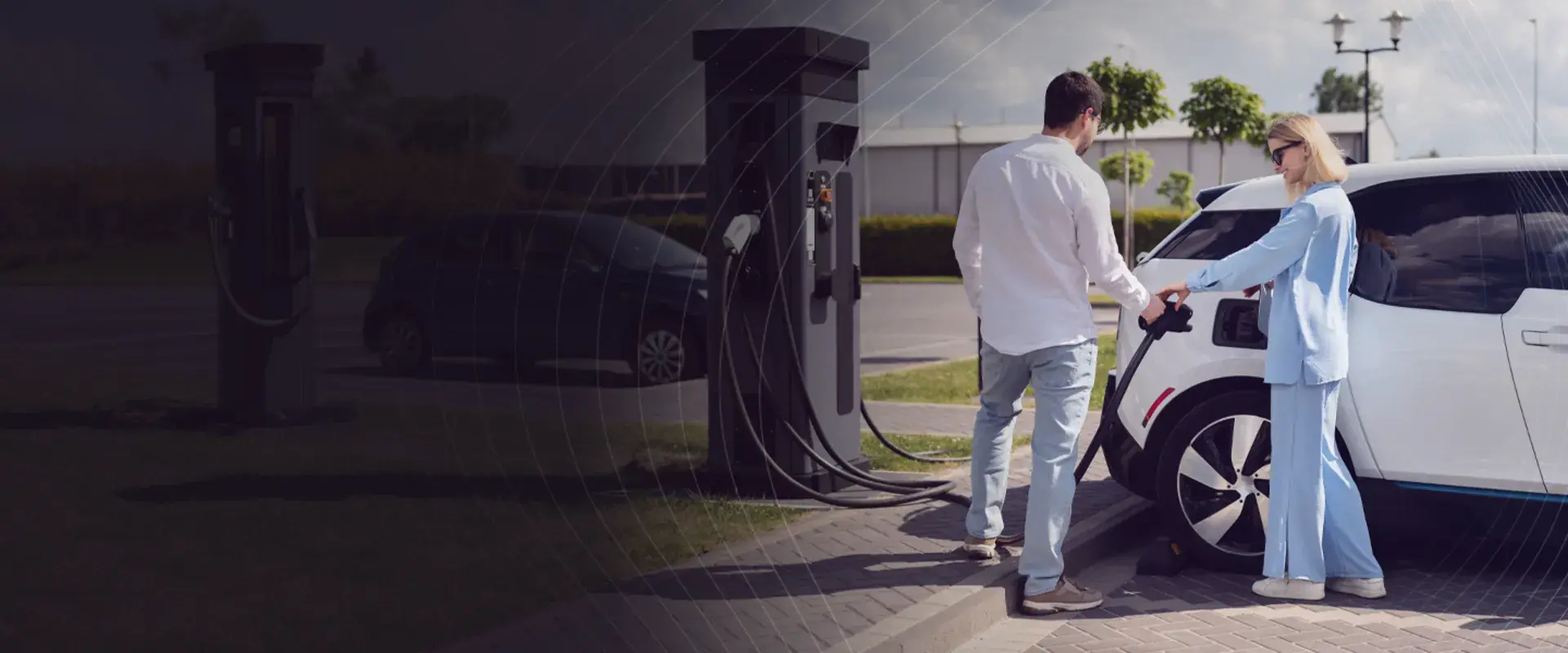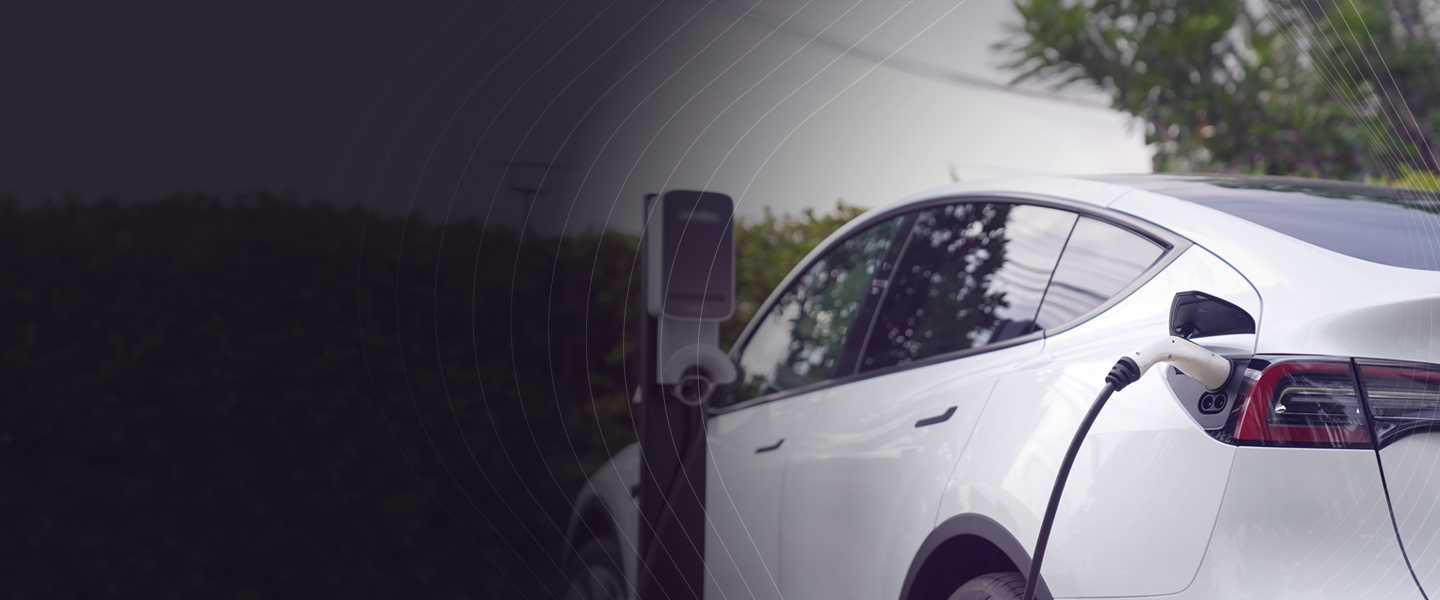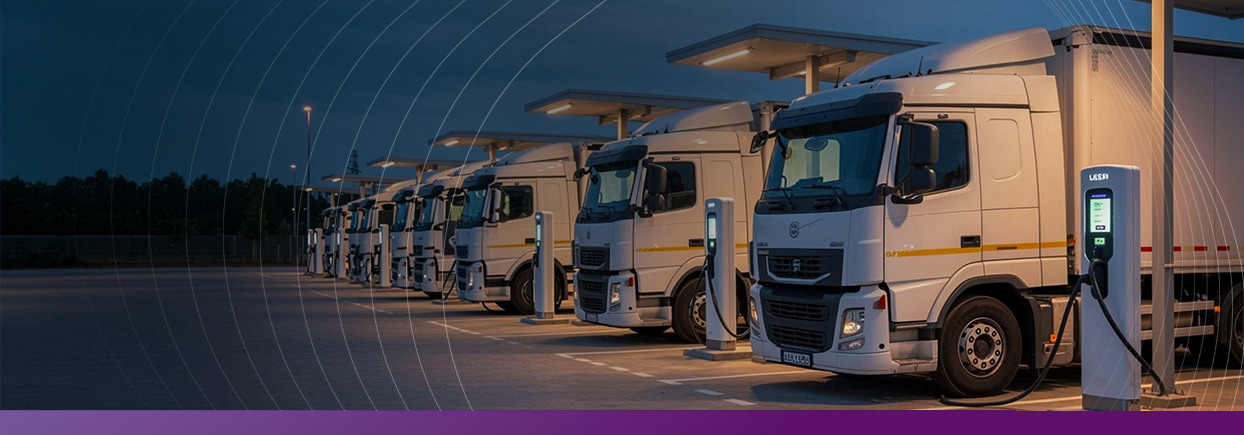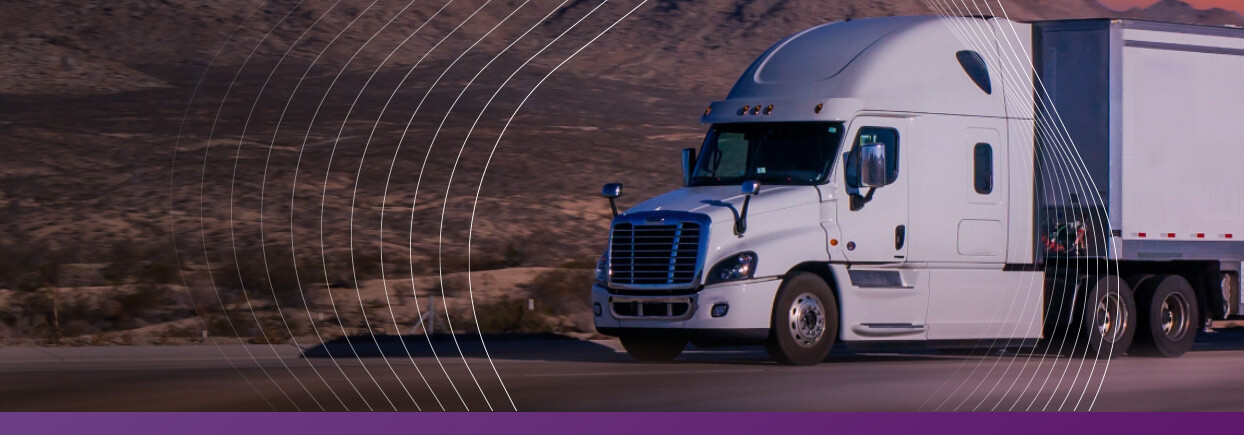The future of charging Electric Vehicles (EVs) anywhere came one step closer to reality at the recent CharIN Testival and Conference 2024 in Cleveland. This event brought together titans of the automotive world to test and push the limits of EV interoperability and security.
What was tested?
During the event, essential aspects of EV charging interoperability and safety were put to the test:
- Transport Layer Security (TLS) connection stability: Ensuring that secure communication protocols between the vehicle and the charging station are reliable and consistent across various hardware setups.
- Interoperability: Testing the ability of EVs from different manufacturers to connect and communicate with charging stations from different PKI providers.
- Security protocols: Evaluating the robustness of security measures against potential cyber threats during the charging process.
- Certificate handling: Testing the system’s response to both valid and invalid certificates to ensure vehicles correctly identify and react to security credentials.
- Plug and Charge (PnC) effectiveness: Going beyond End-to-End (E2E) charging protocols by testing PnC within a complex multi-Public Key Infrastructure (PKI) environment.
Through the outcomes of these tests, we can ensure that charging infrastructure is capable of supporting the next generation of EVs.
What was the testing methodology?
Irdeto was one of three PKI providers that participated in the event, next to Hubject and ISS.
We provided a Charge Point Management System and a charger with installed leaf certificates, while EVs were provided with root certificates, enabling them to securely communicate with the chargers. For compatible vehicles, we provided contract certificates for installation via the original equipment manufacturer’s backend. Utilizing two advanced stations, one of them being the certified OCPP 2.0.1 platform from SWTCH, we mirrored real-world conditions as closely as possible.
Vehicles arrived at the charging stations where they automatically identified and authenticated the correct root certificates for communication, testing each of the three chargers.
The aim was to prove that EVs could handle multiple vehicle-to-grid root certificates and still successfully complete the PnC process.
Was multi-PKI testing a success?
More than a success, a victory! With Irdeto’s participation, we proved that our system can successfully complete PnC with multiple vehicles and chargers.
Our biggest wins were:
-
Successfully tested TLS connection stability with two notable stations. Our system was reliable and consistent across each hardware setup.
-
Unparalleled interoperability across all participating manufacturers
-
Flawless security in certificate testing: The test scenarios included invalid and invalidity certificates. Our system flawlessly handled all potential real-world anomalies and security threats.
-
Multi-PKI PnC excellence: Our tests confirmed its reliability in real-world scenarios, setting a new benchmark for what E2E charging should encompass in the future.
What are our next steps?
The Testival marked a significant milestone, but it was merely the starting line. We are committed to becoming a vital part of a truly interoperable network, where plug-and-play is not just a concept, but a reality for all users.
With the world moving ever further toward sustainable transportation, we are right here, leading the way to an even smarter, safer and universally accessible EV charging solution.
Contact us today!











/Images/Module%20-%20footer/spiral.svg)
